Converting the Pathfinder tabletop rules to a single player cRPG for the first time, Kingmaker has no shortage of class options.
All the classes are quite similar to the pen and paper version of Pathfinder, so if you’ve been rolling d20s with your friends for years you already know the basics of what to expect.
In our full Pathfinder: Kingmaker class guide below, we break down each main class, as well as the three alternate class archetypes that swap out key features for more customization.
Like with the original Baldur’s Gate, the game is over if the main character dies in Kingmaker, so survivability should be your focus. For new players, going with a fighter or barbarian is a good option. If you pick something squishy like a wizard or halfling bard, make sure to stay in the back row away from melee combat.
Starting companions
if you are looking for a well rounded party with no duplicate classes, companions are available from the beginning of the game with these starting classes:
- Barbarian (Amiri)
- Bard (Linzi)
- Cleric (Harrim)
- Fighter (Valerie)
- Inquisitor (Jaethal)
Keep in mind however that the party splits in two early on based on your alignment and decisions in the prologue, so you can’t have all the party members together at once.
Primary Class: Alchemist
Main features: Throw Anything, Poison Resistance, Mutagen, Bomb
High saves: Fortitude and Reflex
Class skills: Trickery, Knowledge (Arcana), Knowledge (World), Perception, Use Magic Device
Alchemist is a hybrid class offering both spells and mutagens for temporarily increasing the physical stats, making this a great well-rounded option for melee or ranged combat.
The main draw here is the bomb feature, which can be changed and improved as you level up and gives a constant stream of steady damage-dealing opportunities from a distance.
Grenadier
This subclass gains martial weapon proficiency and replaces poison resistance with the precise bomb ability, so your bombs don’t affect allies. This is critical when you are throwing bombs into crowds.
Vivisectionist
A more evil version of the class, Vivisectionist loses the bomb ability entirely and replaces it with sneak attack, leading to a rogue/alchemist hybrid based on dealing high damage output while hiding ins shadows.
Chirurgeon
More focused on healing, this sub-class replaces poison resistance with infused curative, which lets you use status effect removing infusions on other party members.
Primary Class: Barbarian
Main features: Fast Movement, Rage
High saves: Fortitude
Class skills: Athletics, Mobility, Lore (Nature), Perception, Persuasion
Barbarians are all about front line combat, activating rage and wading into melee. They gain new powers while raging at higher levels, and eventually get danger sense to avoid traps and damage reduction to act as the party tank.
Armored Hulk
An even tankier version of the barbarian, this sub-class gets heavy armor proficiency, and swaps out fast movement for bonuses to CMD and speed while wearing heavier armor.
Mad Dog
The mad dog doesn’t get the normal rage ability until level 4, and gains fewer rage powers. In exchange, this version of the barbarian gets an animal companion and gains bonuses in combat when you fight alongside that companion.
Invulnerable Rager
Instead of danger sense to avoid traps, this sub-class gets damage reduction immediately, and gains resistance to fire and cold damage starting at third level.
Primary Class: Bard
Main features: Cantrips, Bardic Knowledge, Inspire Courage, Detect Magic
High saves: Will and Reflex
Class skills: All skills
The bard is your jack-of-all-trades class, with some minor spellcasting powers, the ability to buff the rest of the party, and big bonuses to skill checks.
If you want to do well on Knowledge checks and stay out of harm’s way, bard is a good class to pick. Note that if you are going the chaotic good route, you can just use Linzi as your bard instead.
Archaelogist
Instead of inspiring courage in other party members, the archaeologist gets luck bonuses on nearly all rolls.
Thundercaller
This archetype swaps out the bardic knowledge feature for a bonus to Nature Lore rolls, and also gains the ability to deal sonic damage with a thunderbolt starting at third level.
Flame Dancer
Beginning at third level, the flame dancer gains abilities related to fire, such as granting fire resistance to allies. Eventually this archetype adds fire-related powers such as fireball to his list of available spells.
Primary Class: Cleric
Main features: Channel Energy, Divine Spells, Domain Selection, Detect Magic
High saves: Fortitude and Will
Class skills: Knowledge (Arcana), Knowledge (World), Lore (Religion), Persuasion
A cleric’s focus can vary widely depending on their deity, but in general act as the healers and secondary front line fighters.
If you want to be able to deal with undead, help out the party, and still swing a mace at the bad guys, this is your best pick.
Crusader
This archetype is more martial-focused and gains bonus fighter feats every five levels.
Herald Caller
The herald caller can swap out prepared spells to instead summon creatures associated with their deity.
Ecclesitheurge
The opposite of the crusader, this archetype loses weapon and armor proficiency and instead focuses on gaining bonuses through spells.
Primary Class: Druid
Main features: Nature Sense, Spontaneous Summoning, Nature Bond, Wild Shape, Detect Magic
High saves: Fortitude and Will
Class skills: Lore (Nature), Knowledge (World), Knowledge (Arcana), Perception, Athletics
The secondary healing class, druids have versatile spellcasting abilities, can summon magical allies, and eventually gain the ability to take on animal or elemental forms during combat.
Blight Druid
Focused on the destructive powers of decay, this archetype gains blight bond instead of nature bond, and eventually causes any enemies standing nearby to become automatically sickened during combat.
Defender Of The True World
This variant on the druid is focused around battling the fey, gaining damage bonuses against the children of the first world. This can be a big help in certain parts of the game where fey are plentiful enemies.
Feyspeaker
The opposite of the defender of the true world, this archteype revolves around supporting the fey. This sub-class gets fewer wild shape abilities, and instead gains enchantment and illusion spells. The feyspeaker also uses charisma instead of wisdom for spellcasting.
Primary Class: Fighter
Main features: Bonus Combat Feats, Bravery, Armor Training, Weapon Training
High saves: Fortitude
Class skills: Athletics, Knowledge (World), Lore (Nature), Persuasion
If you aren’t sure what to pick, fighter is probably the best starting option due to the high hit points and ability to use the heaviest weapons and armor.
Fighters consistently gain bonuses to all armor and weapon options, so they scale well in combat-focused situations.
Aldori Defender
Instead of armor training, this archetype gains the defensive parry skill, which gives an armor class bonus when making full attacks with a sword.
Tower Shield Specialist
Instead of weapon training, this archetype gains major defensive bonuses while equipped with a tower shield, including the ability to defend allies from burst spells.
Two-Handed Fighter
Exactly what it sounds like, this fighter ditches armor training and instead gets big bonuses when wielding a two-handed weapon.
Primary Class: Inquisitor
Main features: Orisons, Stern Gaze, Detect Magic, Judgment
High saves: Fortitude and Will
Class skills: All skills
Somewhat like a hybrid of cleric and fighter, the inquisitor has fewer spell options, but gains bonuses to intimidation and pronounce judgment on specific enemies to gain bonuses in combat.
The inquisitor is focused on teamwork in combat as well, and can essentially give other party members free teamwork feats when they are in close proximity.
Monster Tactician
Instead of the judgment ability, this archetype gains the ability to cast summon monster spells at each level.
Tactical Leader
This archetype loses stern gave and instead focuses on diplomacy over intimidation.
Sacred Hunstmaster
Instead of judgment, the huntsmaster gains an animal companion and has a bigger focus on teamwork feats to use with that companion.
Primary Class: Magus
Main features: Arcane Pool, Spell Combat, Detect Magic
High saves: Fortitude and Will
Class skills: Athletics, Knowledge (Arcana), Knowledge (World), Persuasion, Use Magic Device
A hybrid of fighter and wizard, the magus can channel spell energy to grant bonuses in combat, and can both cast spells and attack with a melee weapon in the same round.
Eldritch Scion
Essentially the sorcerer version of a magus, the eldritch scion gains arcane pool points based on charisma instead of intelligence.
Sword Saint
The sword saint is more focused on the melee side than the magic side, primarily using mystical abilities to pump up sword attacks. This archetype also gains access to some fighter-only features (at a slower rate than a normal fighter).
Eldritch Archer
This is essentially like the base magus, but using ranged attacks instead of a sword.
Primary Class: Monk
Main features: Flurry Of Blows, Improved Unarmed Strike, Stunning Fist, Armor Class Bonus, Ki Powers
High saves: Fortitude and Reflex
Class skills: Athletics, Mobility, Stealth, Knowledge (World), Lore (Religion), Perception, Persuasion
Monks are focused on up close combat but without any weapons or armor. They gain increasing abilities over time it they remain unarmored and don’t equip melee weapons.
Eventually their standard fist attacks take on magical qualities, essentially bypassing the need for magic weapons.
Scaled Fist
Very similar to the base monk class, scaled fist swaps out the bonus feats available to grant access to feats like crane style and dragon style.
Sensei
Somewhat of a monk/bard hybrid, the sensei gains the ability to grant bonuses to other party members like a bard’s inspire courage power.
Traditional Monk
This archetype loses the ability to choose specific ki powers when leveling up, but gains larger bonuses from the powers it can take.
Primary Class: Paladin
Main features: Smite Evil, Divine Grace, Lay On Hands, Mercy, Aura Of Courage
High saves: Fortitude and Will
Class skills: Knowledge (Arcana), Knowledge (World), Lore (Nature), Lore (Religion), Persuasion
Another fighter/cleric hybrid, the paladin is restricted to lawful good alignment and must behave selflessly to use their powers.
They gain the ability to heal and remove negative status effects over time by adding mercies to their lay on hands power.
Divine Hunter
Instead of focusing on a sword and shield style, this archetype gains access to ranged combat feats and abilities.
Hospitaler
The hospitaler gains additional healing abilities at the cost of a weakened smite evil feature.
Divine Guardian
The divine guardian archetype focuses on healing and guarding one particular party member at a time, rather than the group as a whole.
Primary Class: Ranger
Main features: Favored Enemy, Favored Terrain, Hunter’s Bond
High saves: Fortitude and Reflex
Class skills: Athletics, Stealth, Knowledge (Arcana), Knowledge (World), Lore (Nature), Perception, Persuasion
The big draw to the ranger is the ability to focus on specific types of enemies, gaining big bonuses against those creatures.
Freebooter
Instead of taking a favored enemy, the freebooter can choose one enemy at a time to gain a bonus against, and grants that bonus to the whole party.
Flamewarden
The flamewarden focuses on adding flame effects to melee weapons, and eventually swaps out some spells for fire-focused ones such as fireball.
Stormwalker
The lightning version of the flamewarden, this archetype is also focused on ranged weapons over melee attacks.
Primary Class: Rogue
Main features: Sneak Attack, Trapfinding, Danger Sense
High saves: Reflex
Class skills: Mobility, Athletics, Persuasion, Trickery, Knowledge (World), Perception, Stealth, Use Magic Device
Your classic scoundrel, the rogue is all about disarming traps and dealing extra damage while remaining unseen.
Eldritch Scoundrel
This archetype slows down the sneak attack damage progression, but gains access to spells in exchange.
Knife Master
Instead of danger sense, the knife master gains a bonus against light blade attacks. Critically, this archetype loses trap finding, but rolls d8s for damage instead of d6s when using sneak attacks.
Thug
Instead of danger sense and trap finding, the thug focuses on demoralizing and intimidating opponents in combat.
Primary Class: Sorcerer
Main features: Spells, Bloodline, Detect Magic
High saves: Will
Class skills: Knowledge (Arcana), Persuasion, Use Magic Device
This charisma-based class has access to fewer spells than the wizard, but can cast them more times per day. You can also tweak your focus based on what bloodline you select.
If you want to cast lots of combat spells every day, this is the class to pick.
Empyreal Sorcerer
This archetype uses wisdom instead of charisma for spellcasting, and gains access to some cleric-style abilities like flame strike.
Sylvan Sorcerer
This archetype is a mashup of druid and sorcerer, gaining access to an animal companion and abilities like woodland stride.
Sage Sorcerer
This version of the sorcerer uses intelligence instead of charisma, and gains access to wizard abilities like magic missile and dimension door.
Primary Class: Wizard
Main features: Spells, Specialist School, Arcane Bond, Detect Magic
High saves: Will
Class skills:
This is the classic spellcaster, using intelligence to channel magic. They have access to a much broader range of spells than the sorcerer, but can cast fewer spells per day.
Arcane Bomber
A mashup of wizard and alchemist, this archetype gains access to the bomb feature.
Thassilonian Specialist
This is the hyper focused version of the specialist wizard, ditching abilities from opposing schools of magic to get bonuses to a smaller number of schools.
Scroll Savant
The scroll savant loses access to bonus wizard feats every five levels, but instead gains increased powers when casting spells from scrolls.
What’s your favorite Pathfinder class, and what sort of character do you intend to play while conquering the Stolen Lands? Sound off in the comments below, and be sure to check out our other Pathfinder: Kingmaker guides here on GameSkinny!

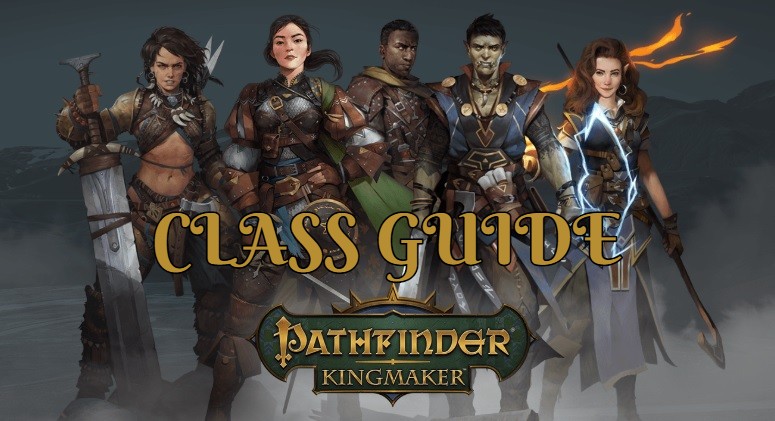

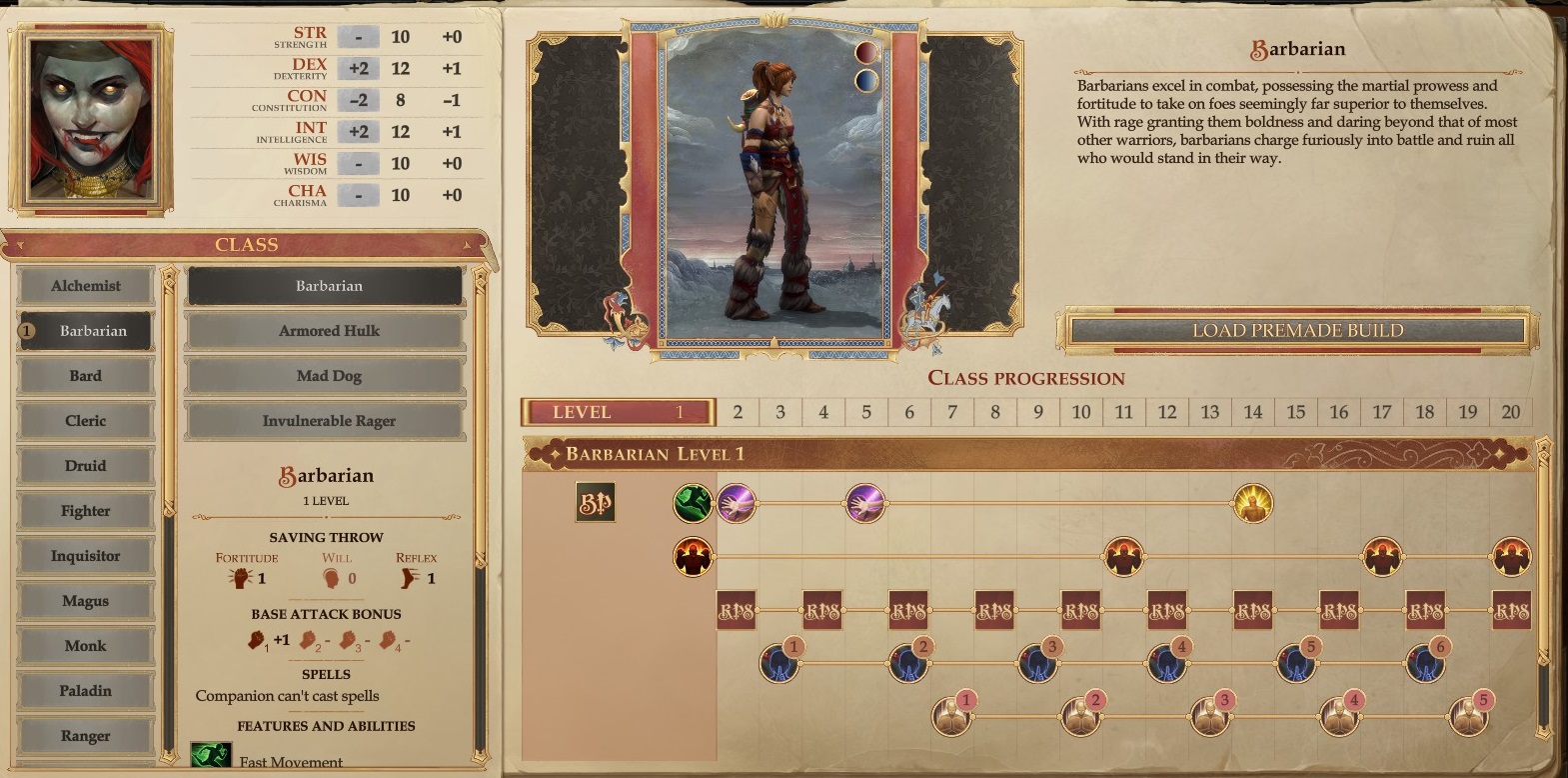
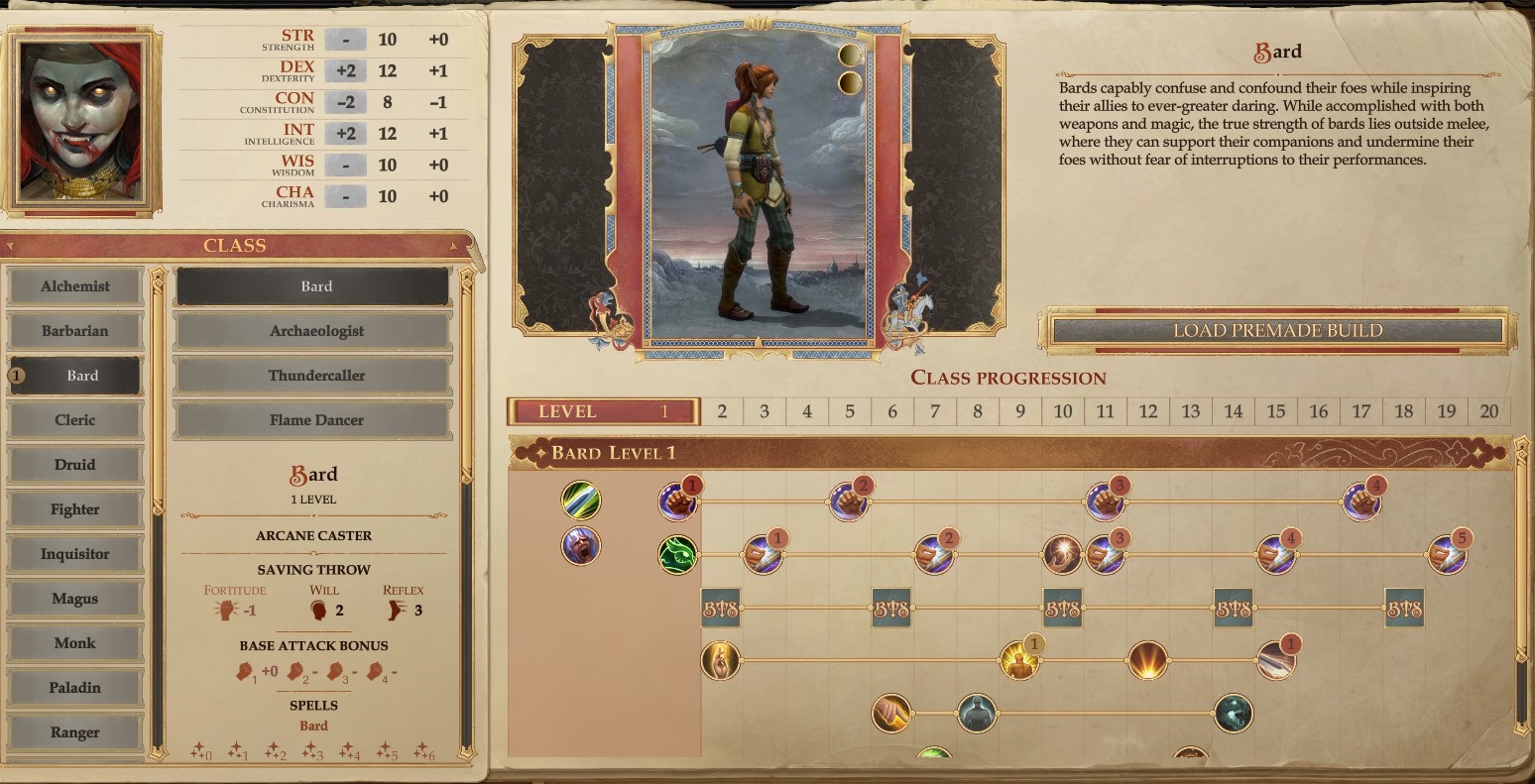
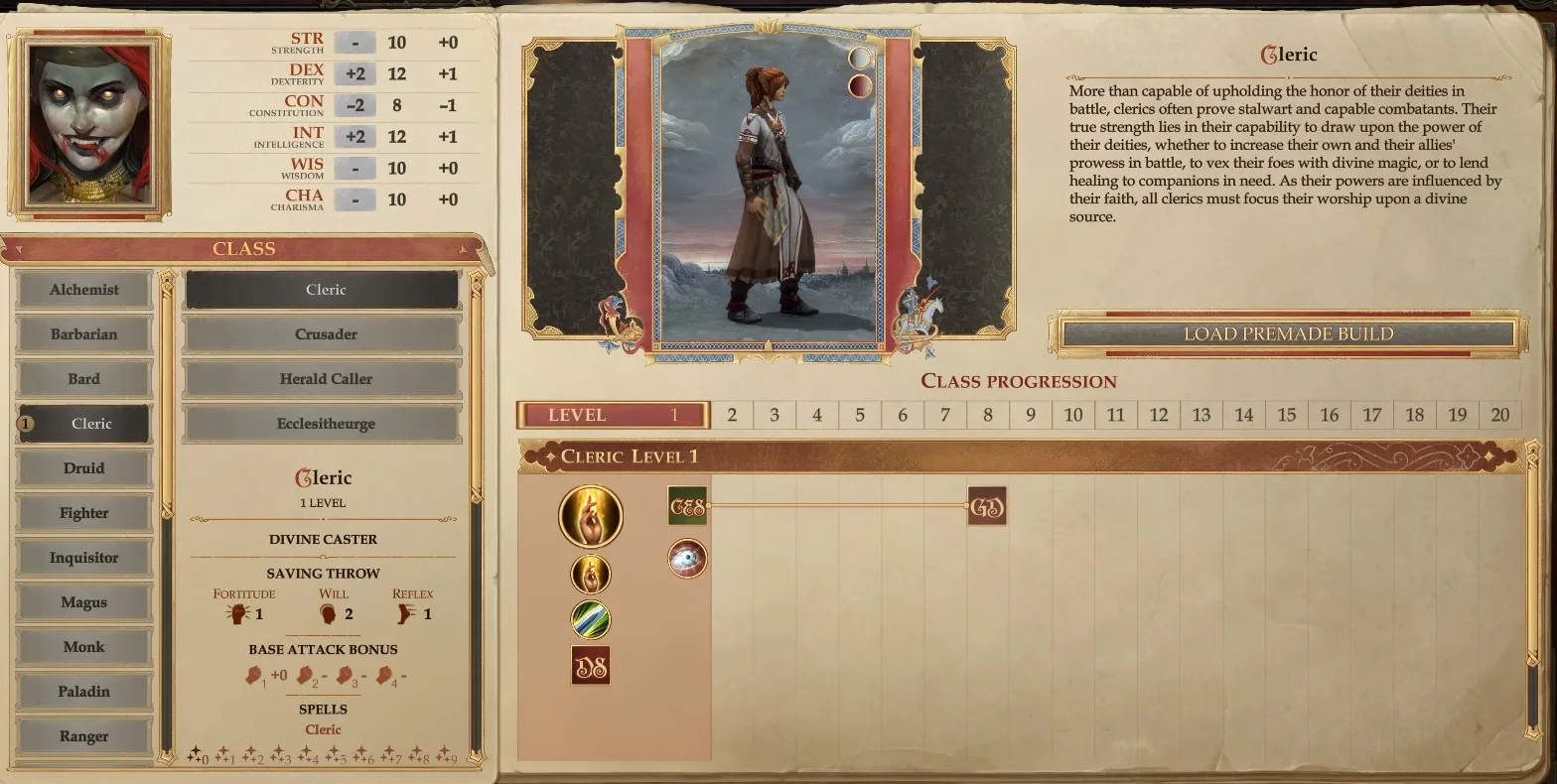
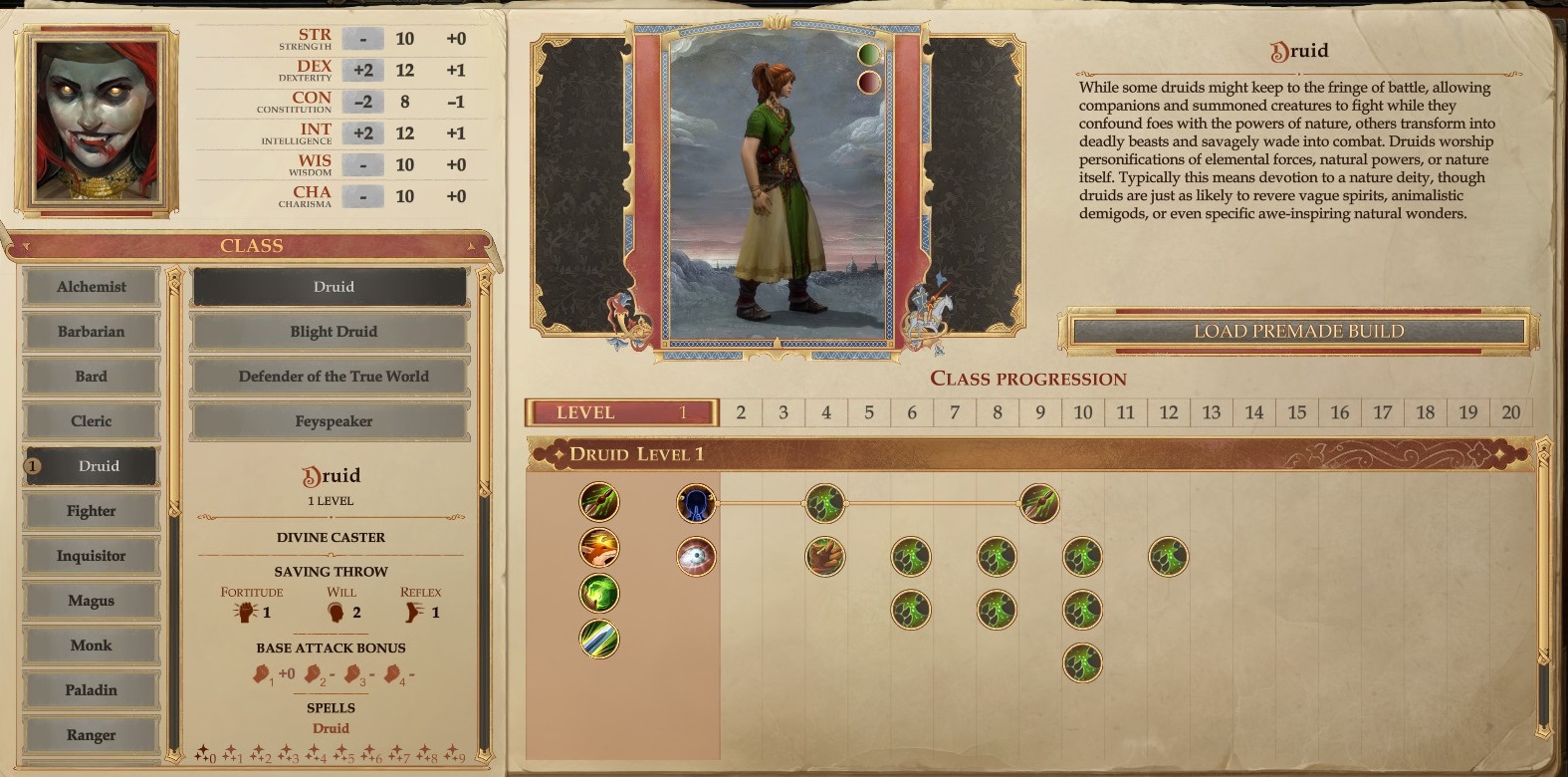
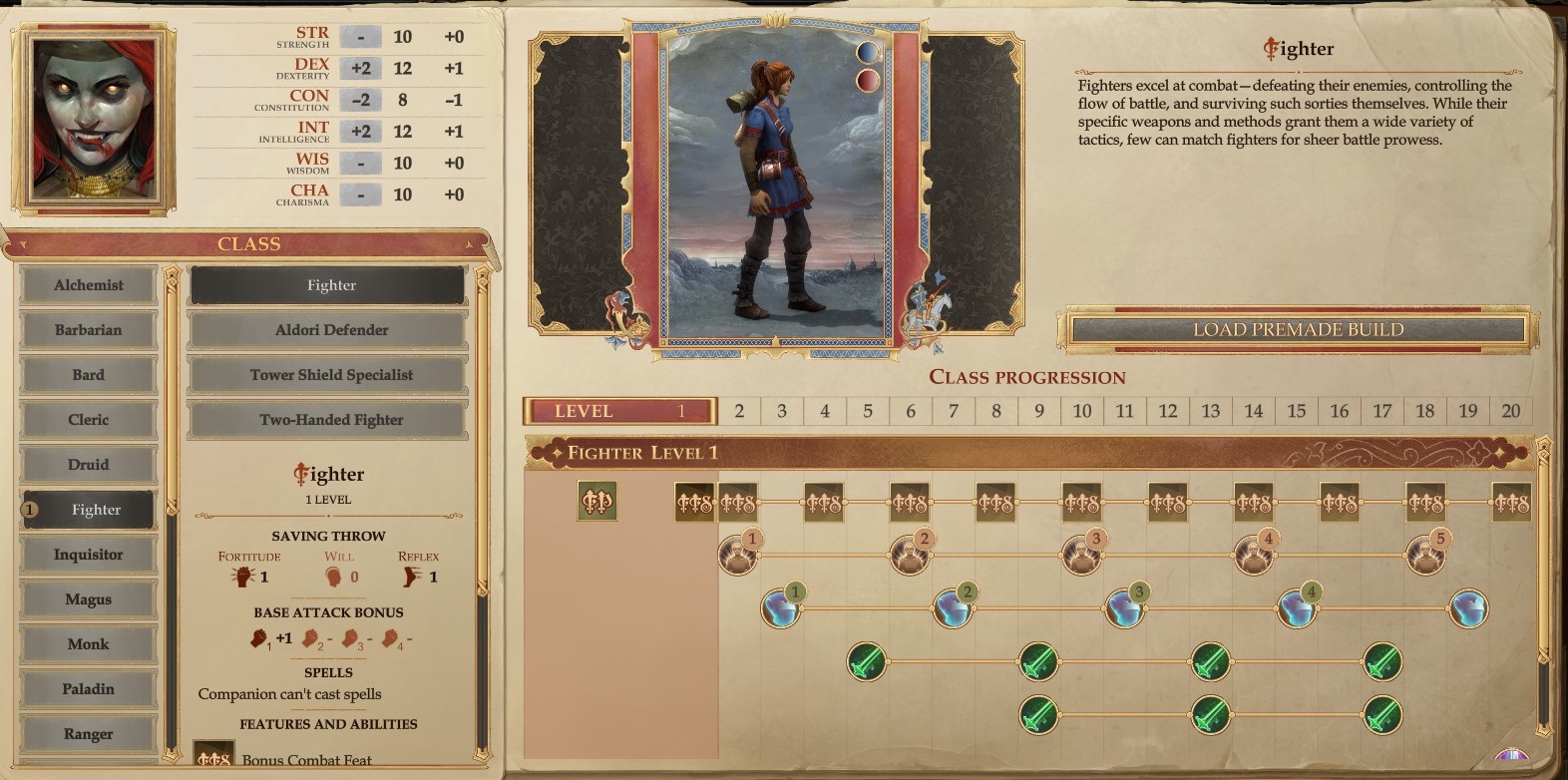
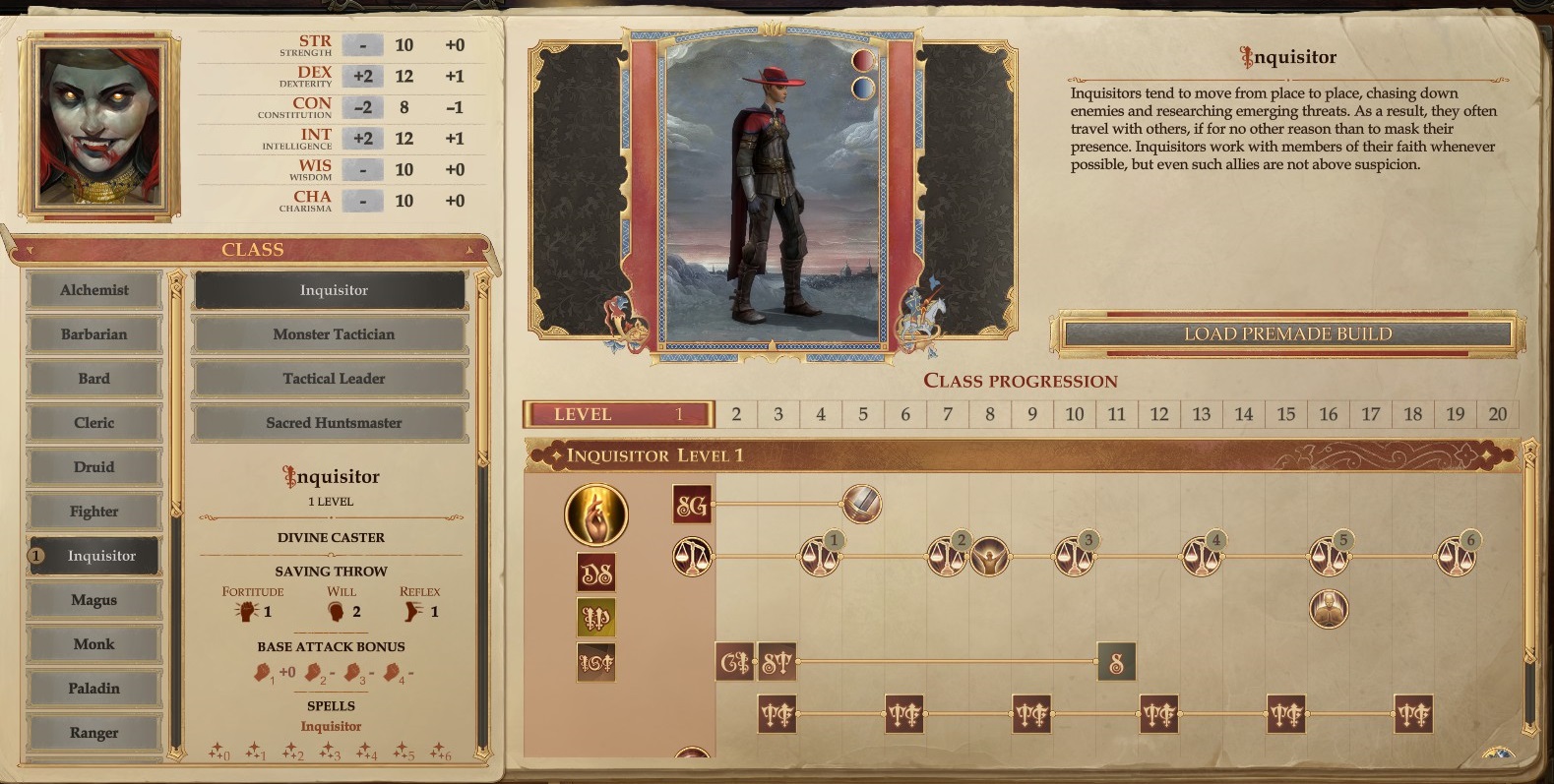
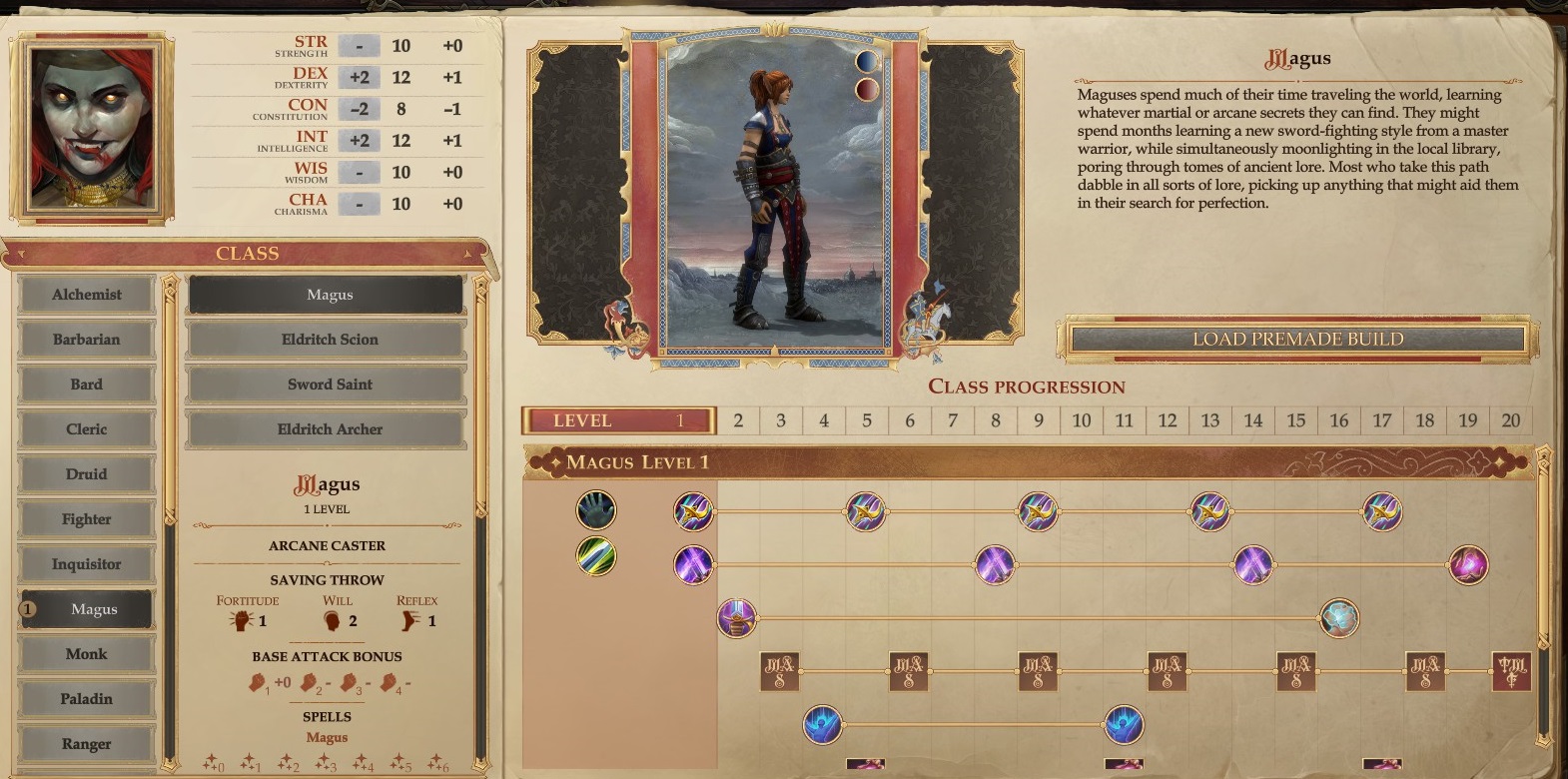
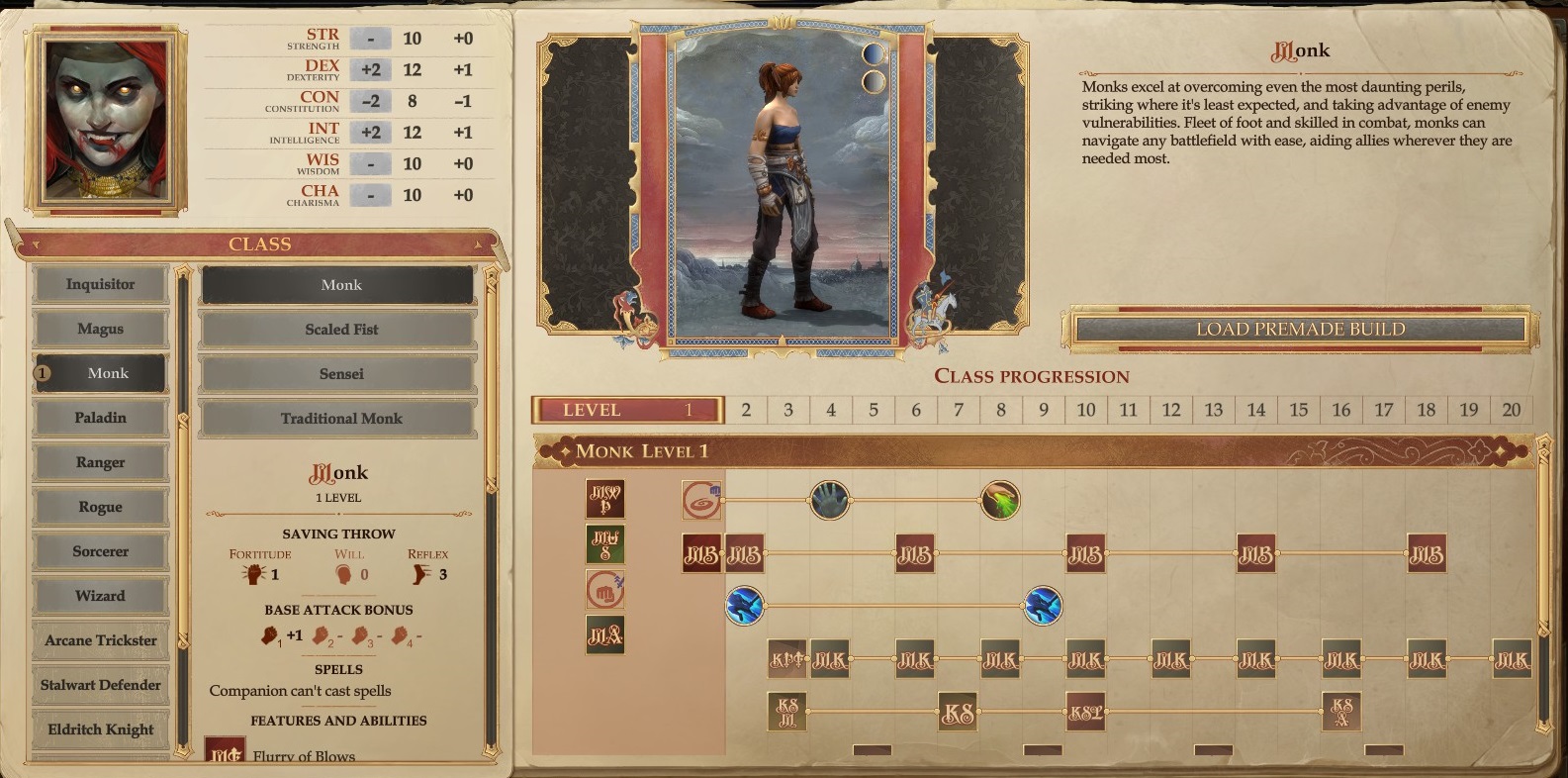
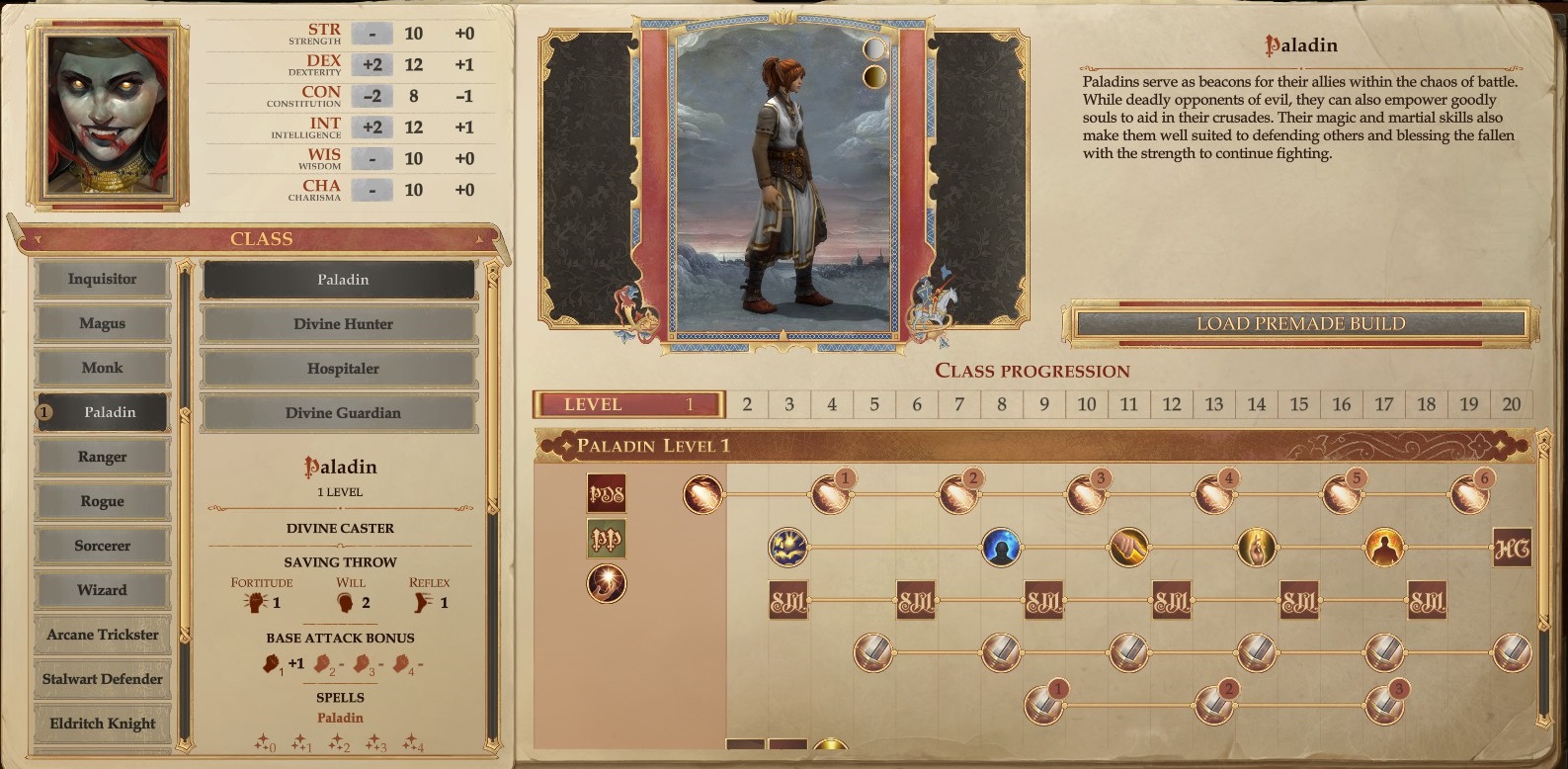
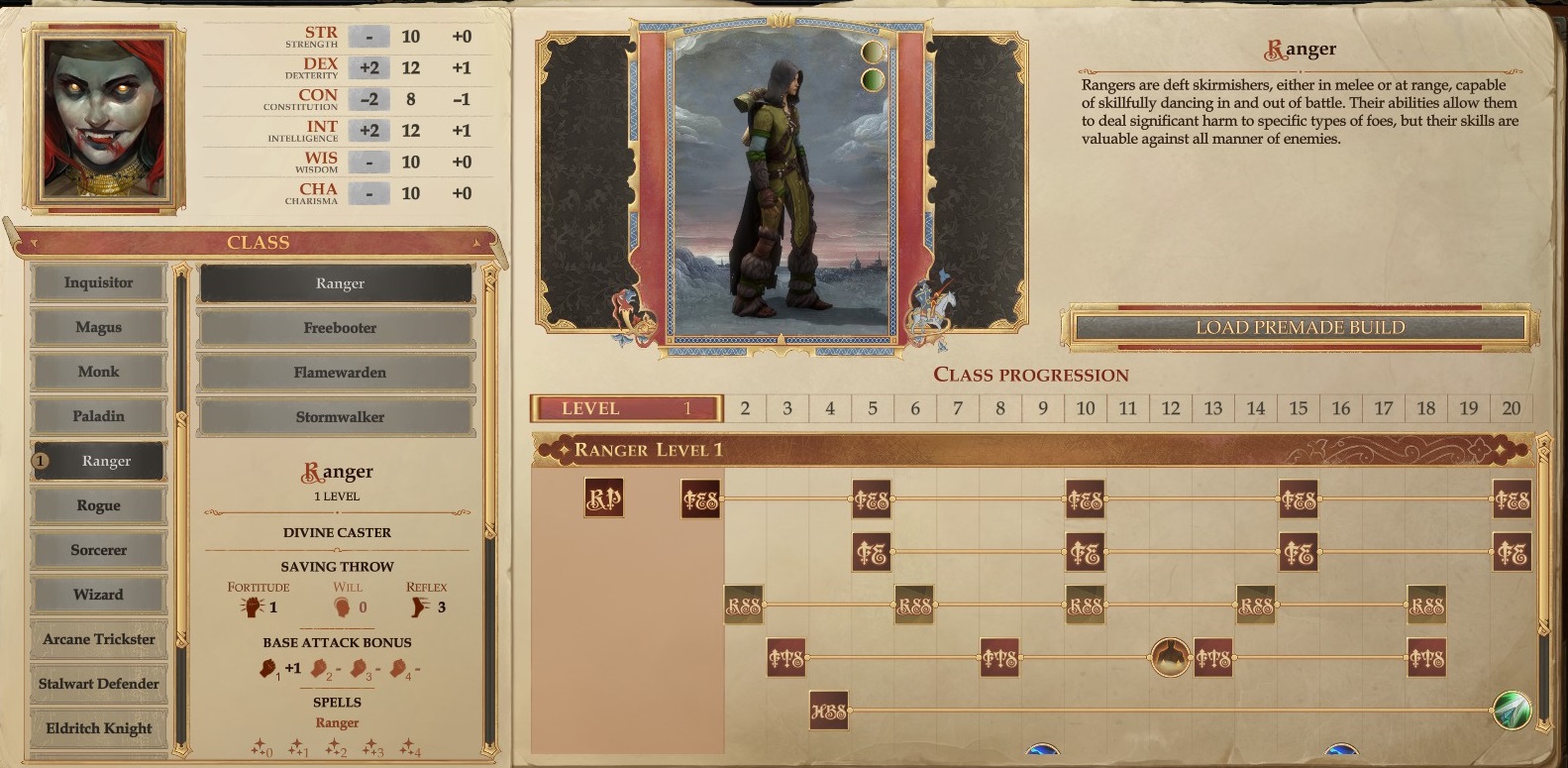

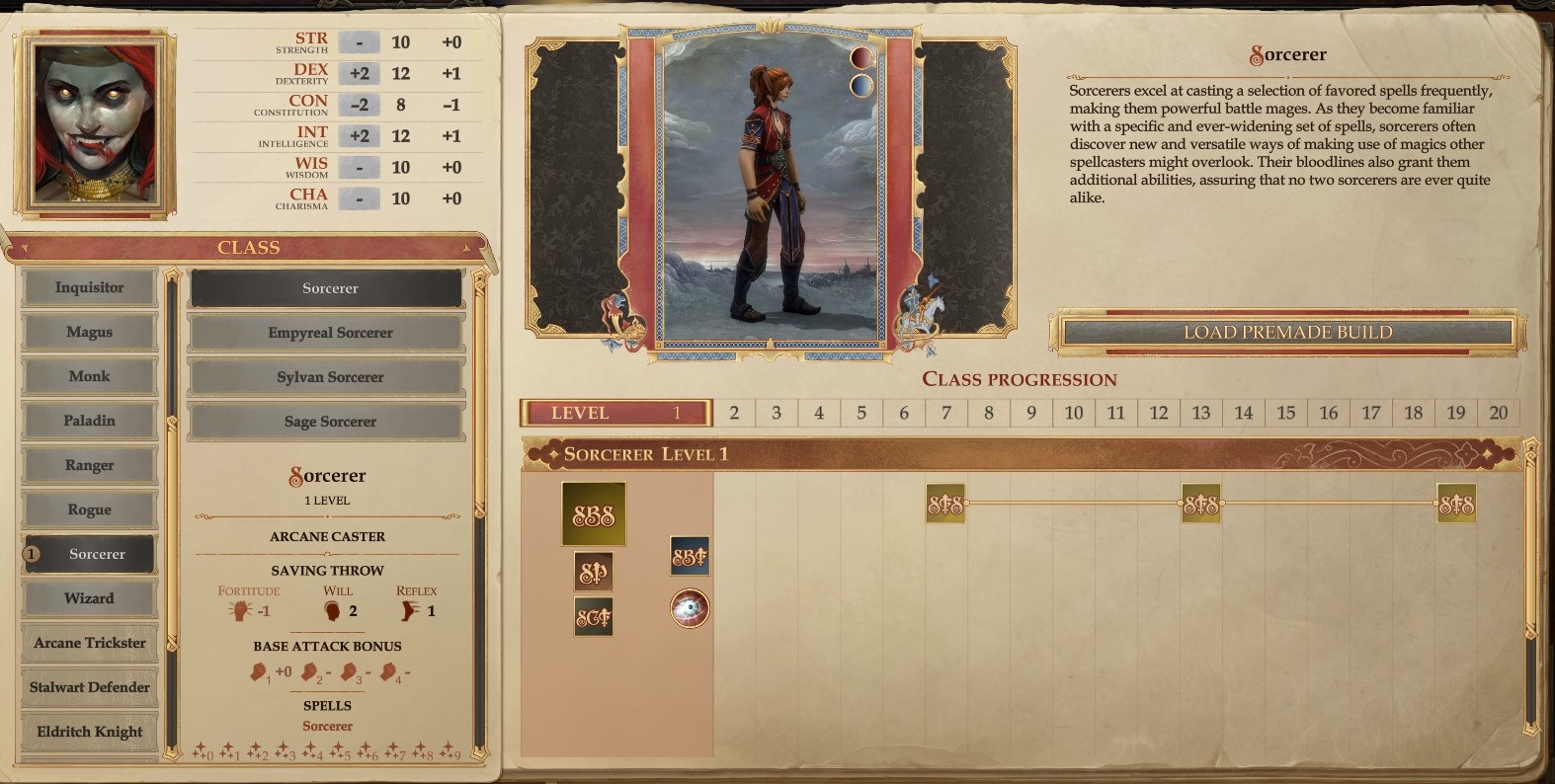
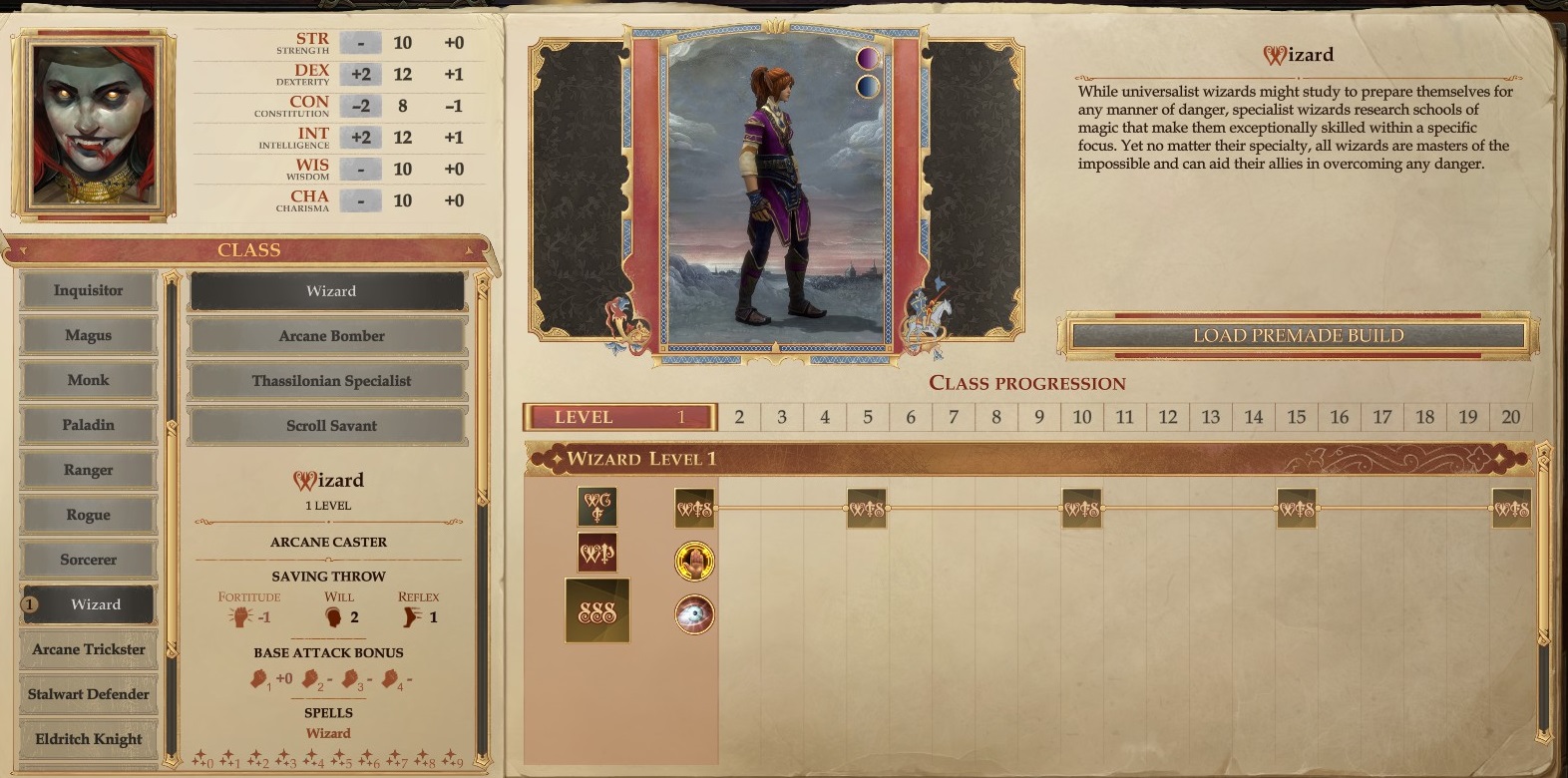

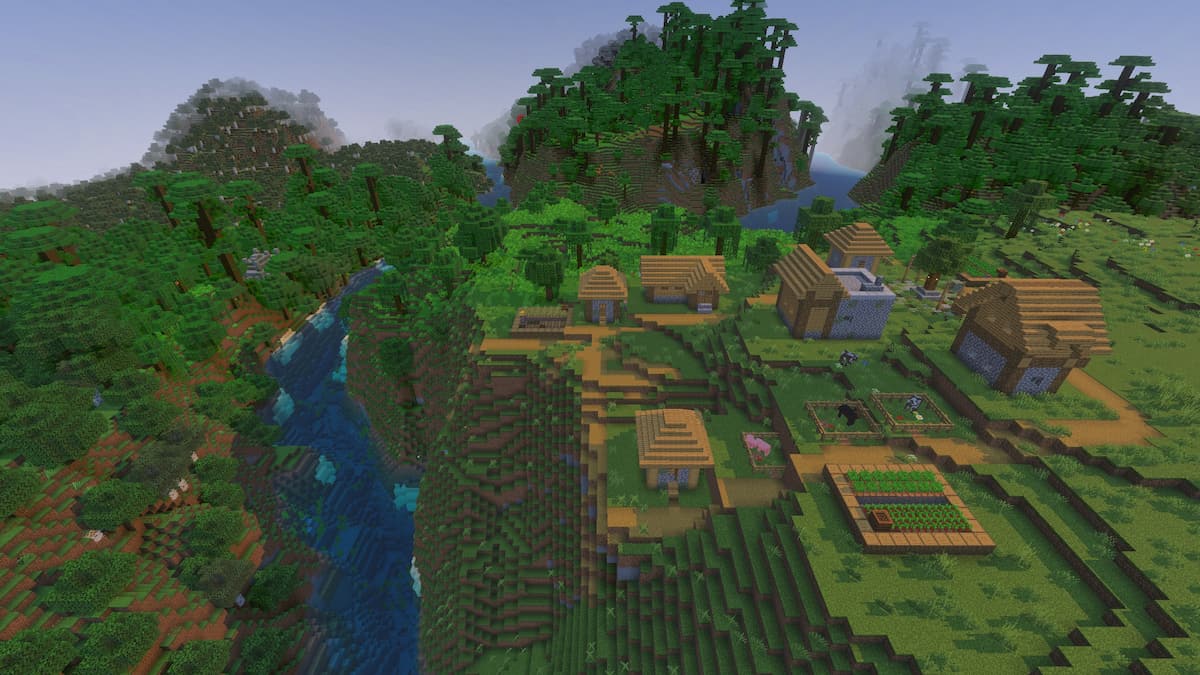
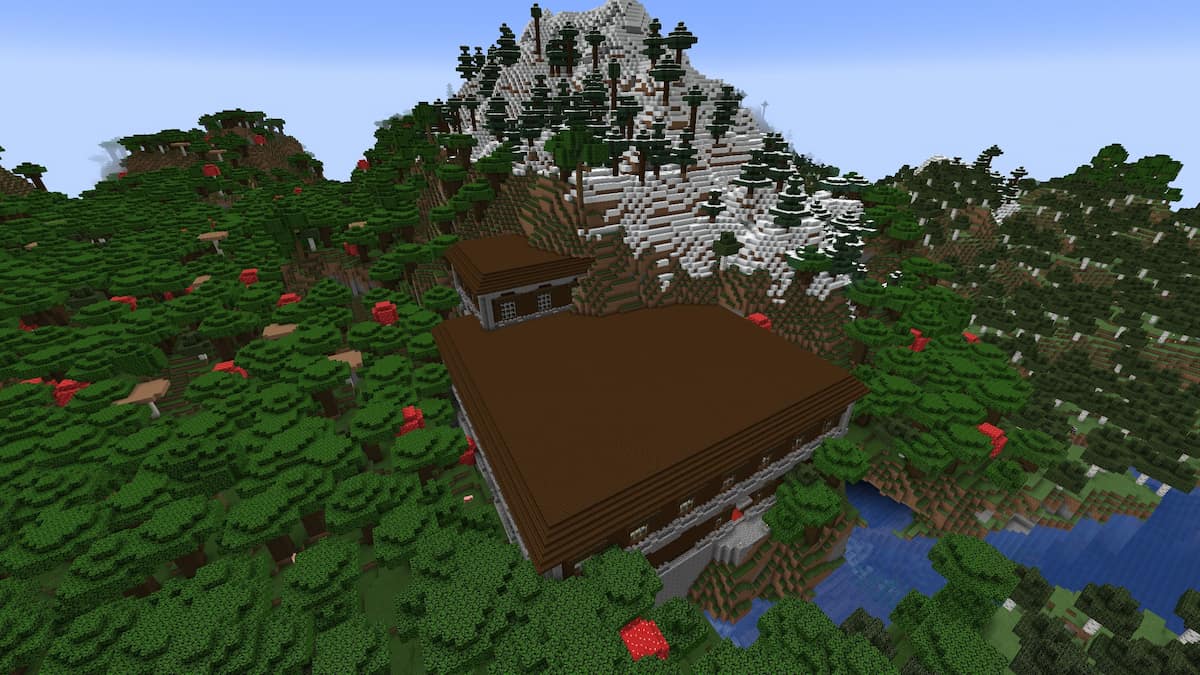
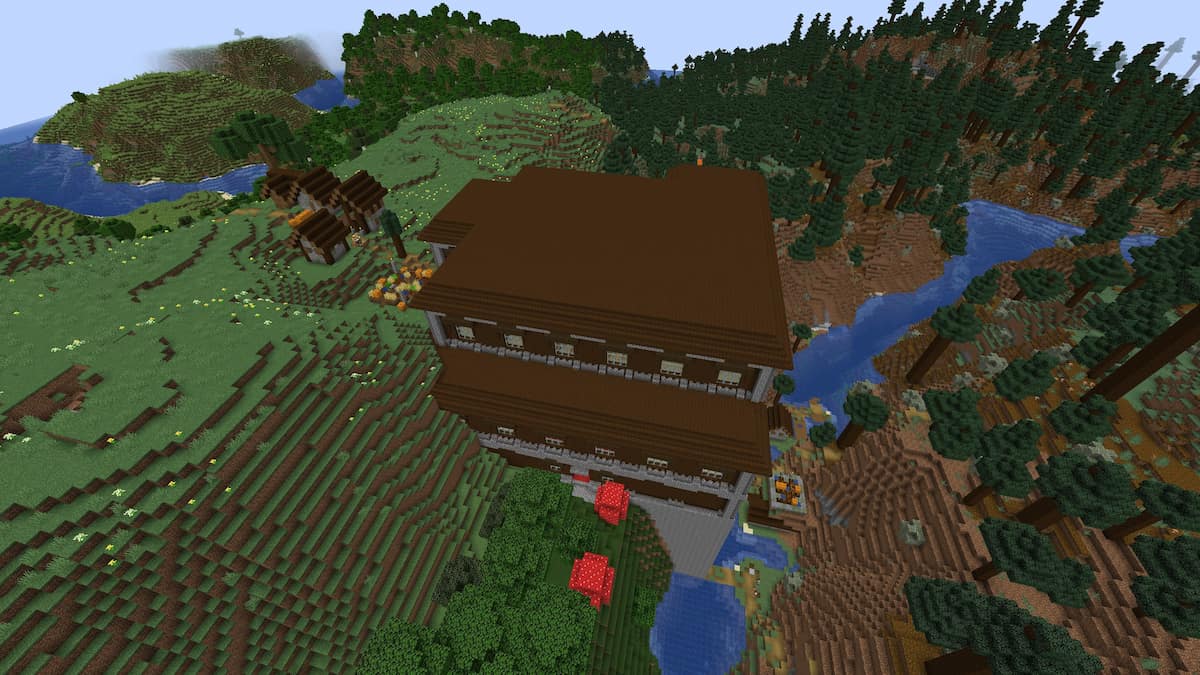
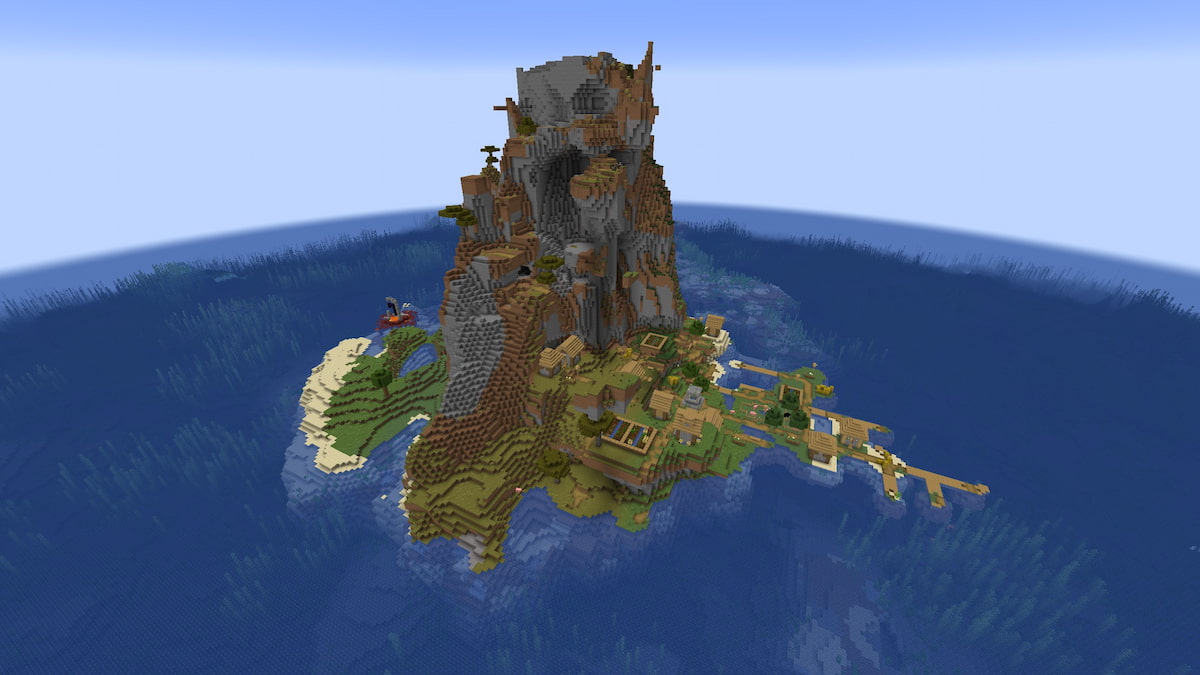

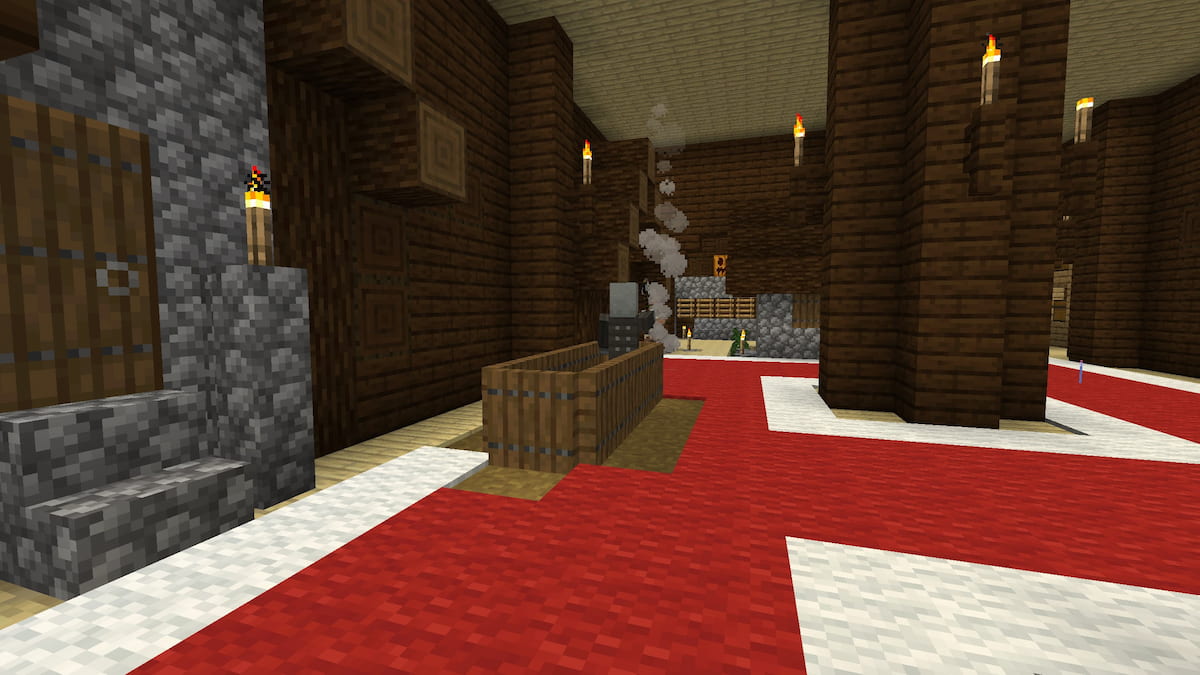
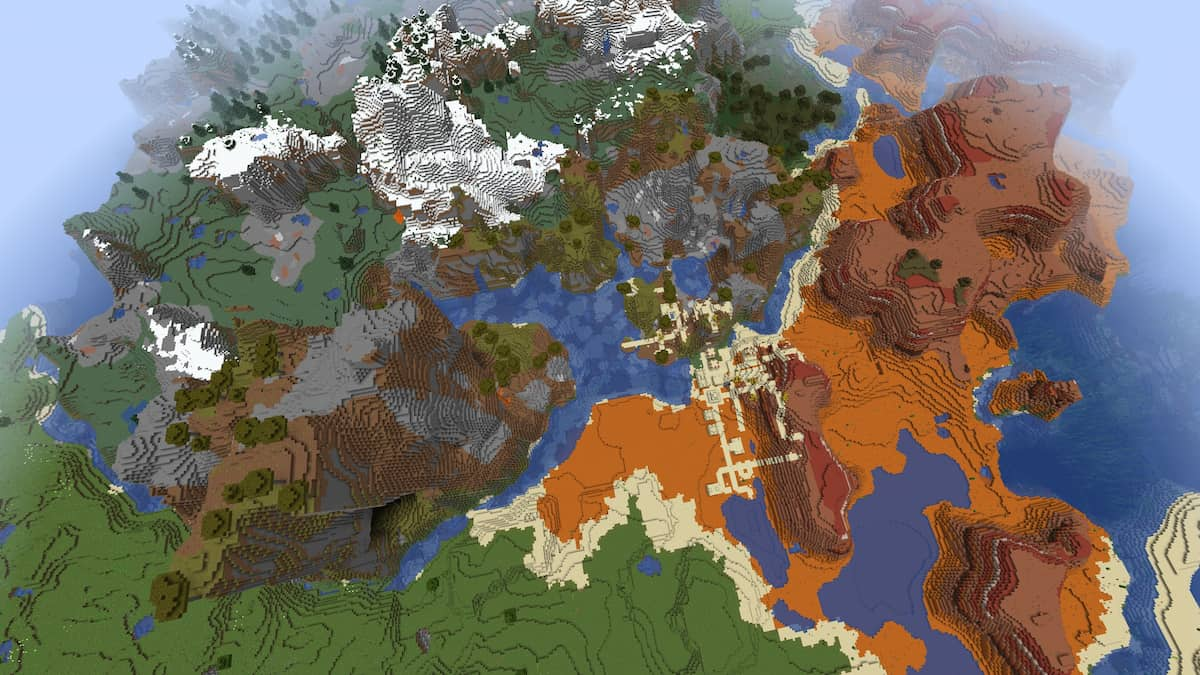
Published: Sep 26, 2018 04:50 pm